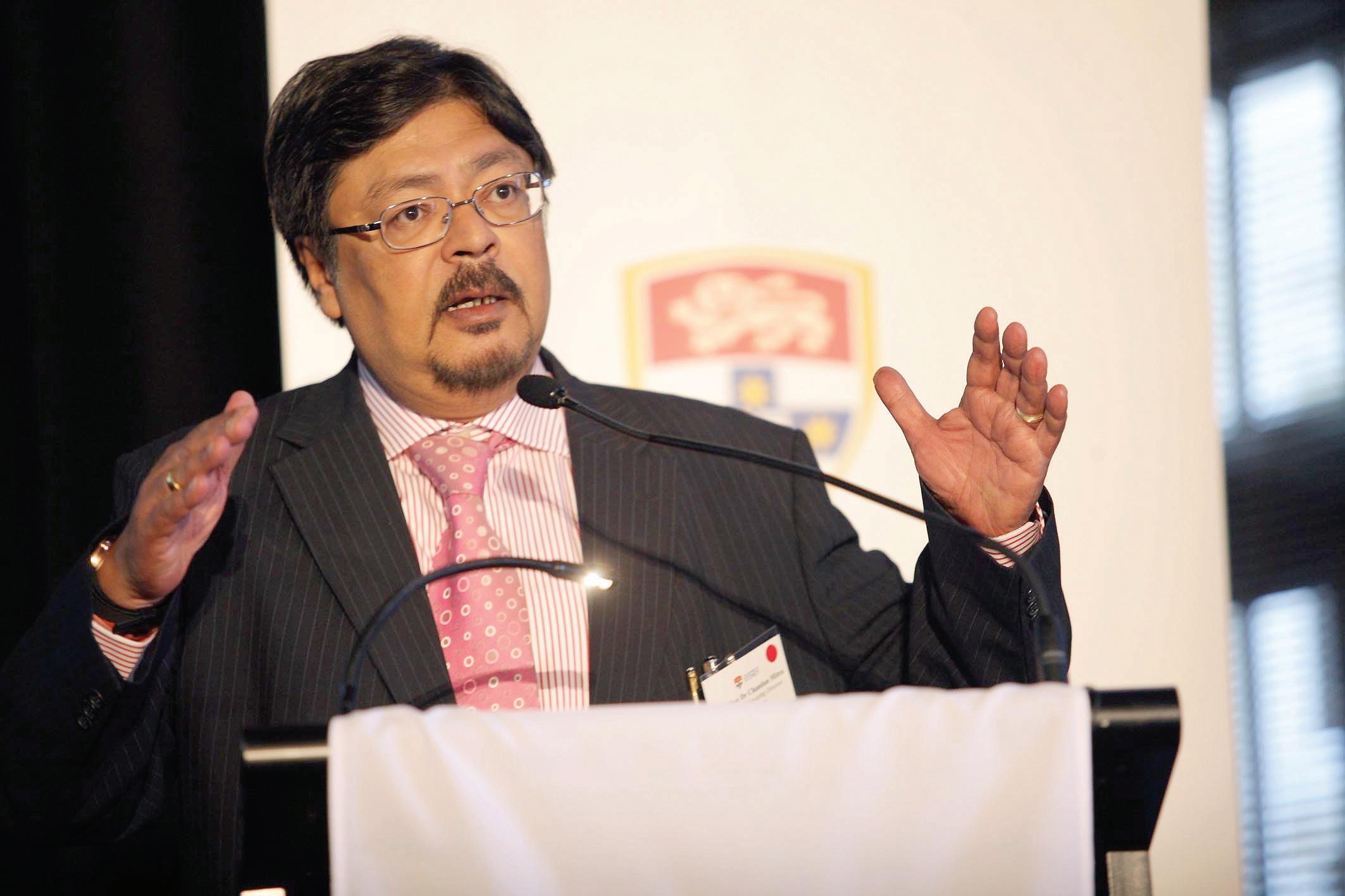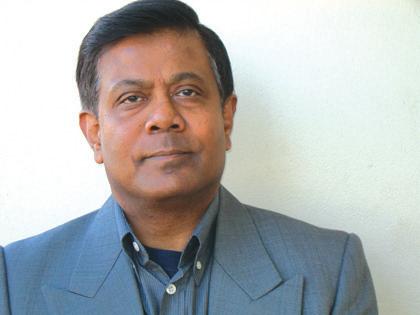
2 minute read
Indo-Oz relationship enhancements cited at Forum
from 2011-04 Sydney (2)
by Indian Link
BY SANDIP HOR
Australia’s leading educational institution, Sydney University, has identified India as one of its top three regions for valued future engagement. In that context, they hosted the India Forum on April 13, with the goal of sharing and exchanging information and ideas that would enhance the relationship between India and Australia, beyond commonwealth, cricket and curry.
The highlight of the forum was a keynote address by Dr Chandan Mitra, Member of Parliament, India and editor of the New Delhi-based Pioneer daily newspaper. His presentation was themed at India’s emergence as a global power, arising out of the nation’s remarkable transformation in three key areas - economic, political and military.

Leading into the topic, Dr Mitra described how astronomical changes have impacted many government strategies related to sustaining growth and maintaining security, particularly foreign policy, which India traditionally built on a theory of non-alignment with a strong security and diplomatic relationship with the former Soviet Union, but now that has toggled towards United States.
Of particular interest in Dr Mitra’s talk was the strategic importance of the Indian Ocean region where the key players today apart from India are China, Indonesia, South Africa and Australia. On that issue, his views were that India, Australia and South Africa should form a “triangle of tranquillity” in the region to establish long-lasting peace, counter aggressive advances by “external” powers and handle incidents of piracy emanating from the failed state of Somalia.
As expected, there was keenness to hear the Indian Parliamentarian’s views on the current India-Australia relationship. He acknowledged the existing level of bilateral partnerships and cooperation which stands on a solid foundation built by several commonalities between the two countries such as a secular and multicultural democracy, independent press and judicial system, English as the medium of communication and fascination for cricket. However, Dr Mitra did not hesitate to identify Australia’s reservations about selling uranium to India for its civil nuclear program as a major unresolved issue, particularly after the signing of the Indo-US Civil Nuclear Agreement in 2008.
He also said the attacks on Indian students in Australia is still causing concern back home, but acknowledged the sincere efforts of the Australian
Other speakers during the morning session included Mike Pierce (Assistant Secretary, South
On the Indian Ocean region, Mitra’s views were that India, Australia and South Africa should form a “triangle of tranquillity” to establish longlasting peace, counter aggressive advances by “external” powers and handle incidents of piracy emanating from the failed state of Somalia.
& Central Asia Branch, Department of Foreign Affairs & Trade) who admitted that Australia in the current environment, cannot afford not to associate with India. He responded to the sale of uranium issue by revealing that the reason behind Australia’s reluctance to close the deal stems from the fact that and former Australian High Commissioner to India between 2004-09, provided some interesting insights into the bilateral relationship experienced by him during his tenure in New Delhi.
Neville Roach, Member of the Indian Prime Minister’s Global Advisory Council of Overseas Indians reinforced the importance of strategic partnerships to move forward the links between the two nations.
Most of the attendees found the forum to be informative and recognized it as another positive step from Sydney University in fulfilling their strategy to create deeper and lasting links with India. Some of the ‘way forward’ activities were further covered at the post-forum seminars, and round table discussions. The topics covered Public Health Research & Education, Food Security, Science Education and Capacity Building in a Business Environment, and participants included others invited academics from India.










